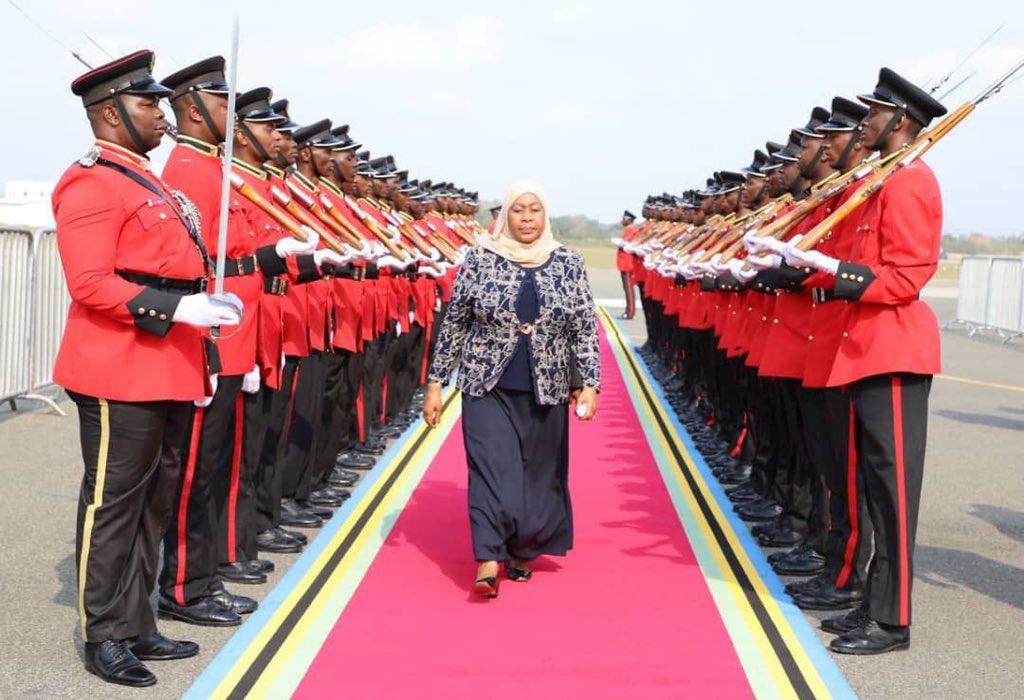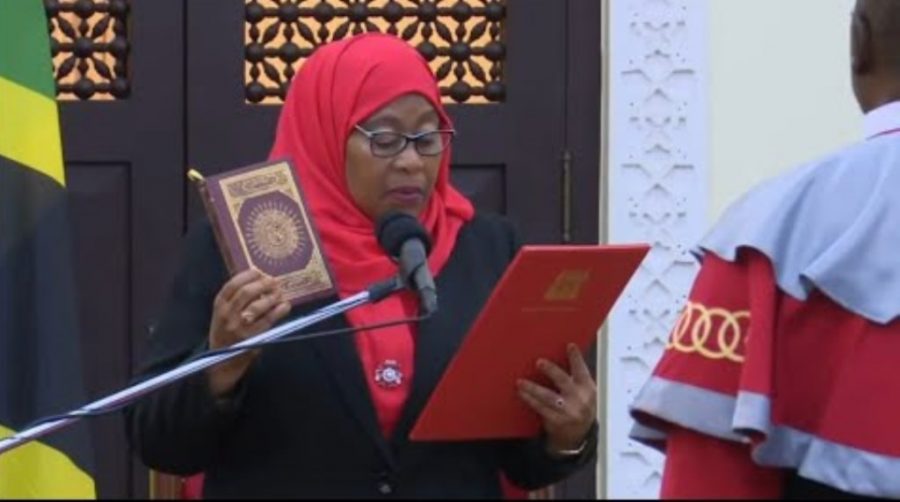A number of big names in the world of Nigerian business discuss their businesses' impacts on the economy and their expectations for the future.

ALIKO DANGOTE
Chairman
Dangote Group

FEMI OTEDOLA
Chairman
Forte Oil

HAKEEM BELLO OSAGIE
Chairman
Etisalat

JIM OVIA
Chairman
Zenith Bank

WALE TINUBU
Group Chief Executive
Oando

TONY ELUMELU
Chairman
Heirs Holding
You're all VIPs of the business community in Nigeria. How have your businesses impacted the country?
Aliko Dangote Nigeria's economy is dependent on oil revenue, which makes it vulnerable to fluctuating crude oil prices. Nigeria is one of the world's largest producers and exporters of crude oil; yet, due to our low refinery utilization rate, we are one of the largest importers of refined petroleum products. This opportunity and challenge were major drivers in my decision to embark on the $9 billion, 650,000bpd refinery project. The generous grant from USTDA will provide essential training of the critical human capital needed for this extremely technical project, particularly given that this has previously been a largely inactive sector with little to no opportunities to build up the necessary practical skills. The project will eliminate Nigeria's dependence on foreign refined petroleum products and, therefore, reduce costs of all goods and services.
Femi Otedola The vision was to turn the then African Petroleum Plc around and build a world-class business. We saw a huge opportunity to build an efficient chain of retail outlets that would surpass the expectations of the shareholders. We achieved that and went on to expand the vision to become the foremost integrated energy solutions provider. Today, we own assets across various aspects of the energy chain and are poised to invest in further expansion and asset acquisition to solidify our position.
Hakeem Bello-Osagie We have had a much stronger focus on quality of service, a much stronger focus on the youth market, and a much stronger focus on innovation. As the fourth operator to arrive, five to 10 years after every other operator, we cannot do what everybody else has done; we have to set ourselves apart to convince people to leave their existing operators to join Etisalat, in addition to tapping into the new customers in the market. We are very much a data company and a company for young people. The combination of Abu Dhabi and Nigeria has worked very well. I have to salute our foreign partners because, apart from the initial equity that it provided, it also provided the company with a significant proportion of shareholders loans so we have not had to rely on expensive bank debt as much as the other telecoms companies have done.
Jim Ovia Zenith Bank is built on the core values of people, technology, and service. A super synergy between these values has been the backbone of Zenith Bank from inception to date. Zenith thrives by attracting excellent people and putting the right people in the right places. Zenith Bank staff members receive the best training available, which has helped to build a strong corporate culture of goal-oriented activities. By the continuous training of our staff and exposing them to best practices in all aspects of banking, our people are empowered to be creative, innovative, and, at the same time, operate at the highest level of efficiency.
Wale Tinubu We are committed to strategically expanding our African footprint, but we are first focused on expanding our operations considerably in our home country. When we went into downstream operations, our job was to become the leader. We entered the gas business, where there was only Shell Gas with the Agbara pipeline, and became the largest private sector gas distribution company in the country. When we went into the oil service business, we became the largest rig operator in the business. Now we are in the upstream sector, and we are certainly the largest indigenous company by reserve base and production. We are not stopping there, because we intend to continue profitably expanding our operations.
Tony Elumelu The principles underlying Africapitalism are at the core of much of what I do. I believe in Africa and I also believe that Africans are best placed to solve many of the problems that the continent still faces. In my business activities, both at Heirs Holdings Limited and at United Bank for Africa Plc—a banking group with operations in 19 African countries and presence in New York, London, and Paris—which I chair, I endeavor to demonstrate how a long-term view, making investments that create jobs and impact communities while addressing a social need can be consistent with the profit motive and a decent return on investment. The key to the sustained development and socio-economic transformation will be driven by entrepreneurial activity in trade and commerce rather than aid. The private sector is obviously best placed to drive this movement.
What are your expectations for the coming year?
Aliko Dangote It is difficult to predict what will happen in the coming year, given the fluid nature of regional and global developments; but projections for 2016 from various sources suggest that the global economy will rebound slightly next year after the slow-down experienced in 2015. Across Africa, a number of countries like Nigeria and Zambia that are historically resource dependent will likely continue to face the after-effects of lower commodity prices.
Femi Otedola Despite the economic upheavals we are experiencing at the moment, the Nigerian economy is still resilient and will stand the test of time. For the oil and gas sector, I see increased participation of indigenous firms as a result of their continuous efforts in building capacity and solid business structures
Hakeem Bello-Osagie Etisalat, subject to the government taking action to ensure that there are fair competition rules—and there have not been fair competition rules up until now—will have a good year. For Nigeria, I expect that in 2016 the government will begin to get a grip on some of the key problems from which it has suffered. It will be difficult for them to achieve a turnaround in the space of 12 months, so people should be realistic with their expectations. Next year will be challenging, but by 2017-18 we will begin to see the consequences of some of the key decisions they will take in 2016, and I expect that those will be positive.
Jim Ovia The outlook for the remaining part of the year is bright given the public confidence in the current government since government policies affect businesses to a reasonable extent. Nigeria, being the biggest economy in Africa, is the preferred investment destination for everyone looking to maximize their return on investment.
Wale Tinubu We are an integrated energy company with investments across the entire energy value chain in downstream, midstream, and upstream operations. The ConocoPhillips transaction is one that sees Oando become the leading indigenous oil and gas producer in the country. It certainly puts us in the top 100 oil and gas companies globally in terms of reserves and production, and it is a transaction that makes us the first Nigerian company to become one of the partners in an onshore joint venture. We intend to do more transactions of this nature to expand our footprint within the sector.
Tony Elumelu From an economic perspective, I am very happy that the recent elections and transition in Nigeria were without incident. This is evidence of a growing political maturity. Business thrives in a secure and stable environment so peaceful elections and transitions are good for business. Governments and policy makers also need to focus more energy and attention on a consistent policy regime aimed at ensuring the right sort of incentives are created to make African economies more productive.















